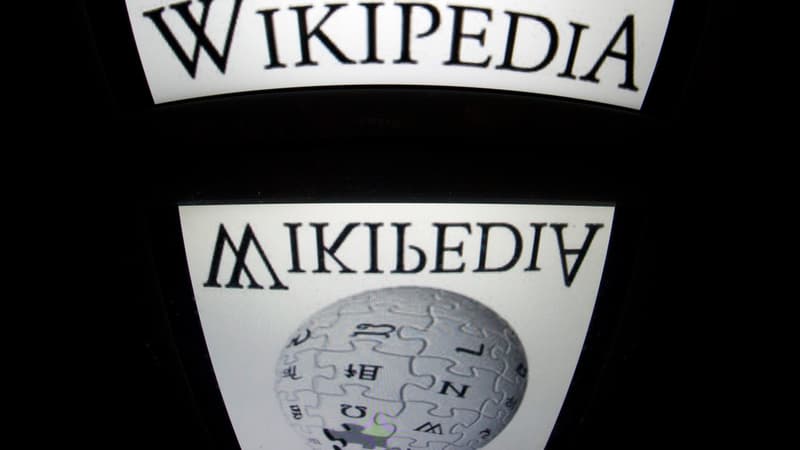The numbers are dizzying. 15 billion visits per month, 64 million articles in more than 300 languages, 342 modifications made every minute… Wikipedia deserves its title as a pillar of knowledge on the Internet. And as the Wikimedia Foundation writes on its site, “from students to chatbots, everyone is learning.” But it seems like it’s mostly chatbots now…
Vampire Visits
In a blog post, the nonprofit returns, through the voice of Marshall Miller, its senior director of product, to a worrying trend, or at least a significant profound change.
In March, the structure behind Wikipedia indicated that the encyclopedia was widely used to train artificial intelligence. In April, there was even talk of the impact of content crawlers (“indexing robots” that scan the web to feed search engines or artificial intelligence) on Wikimedia projects.
Faced with these new demands, if not new burdens, Wikimedia must continually improve its detection tools that allow it to distinguish trackers from humans. Because the former are improving and increasingly pass for real Internet users.
Thus, explains Wikimedia, in May statistics showed a strong growth in the number of human connections from Brazil. After researching and improving algorithms to differentiate visitor types, the structure determined that “much of the increase in unusual traffic during the May-June period came from bots designed to evade detection.”
A turning point for the Internet
By applying these new bot recognition methods, Wikimedia announces that in recent months, the number of human visitors has decreased by around 8% compared to the same months in 2024.
In other words, Wikipedia is visited by robots, which vampirize its content and then present answers using that content, but without users accessing the online encyclopedia. In a way, the search and chatbot giants are cutting down the branch they are sitting on.
However, the nonprofit “welcomes new ways for people to access knowledge,” explains Marshall Miller. But remember, however, that “intelligent models, AI chatbots, search engines and social platforms that use Wikipedia content must do more to encourage their visitors to visit Wikipedia, so that the free knowledge, on which so many people and platforms depend, can remain viable.”
Because the online encyclopedia is supported by contributors and moderators, and by donations from its users, if Wikipedia becomes invisible, the pool of people and resources that drives it will diminish.
To support this change and try to preserve its visibility, the Wikimedia Foundation will launch several projects, in particular to develop a new content attribution framework, to allow contributors to more easily modify an article from a mobile, but also to experiment with new ways of bringing knowledge “to a younger audience that spends time on other platforms, such as Youtube, Tiktok, Roblox and Instagram, including through videos, games or chatbots. A future that moves away from the “historical network” and, in fact, a turning point for the Internet.
Source: BFM TV


